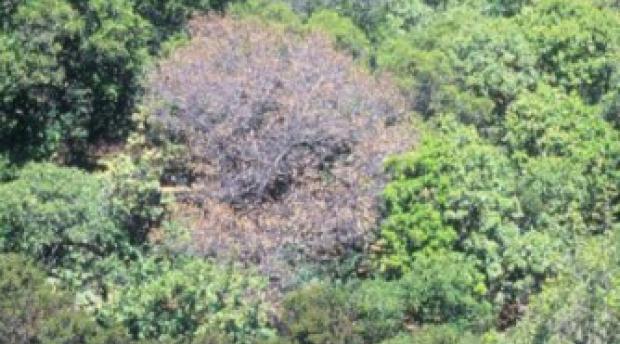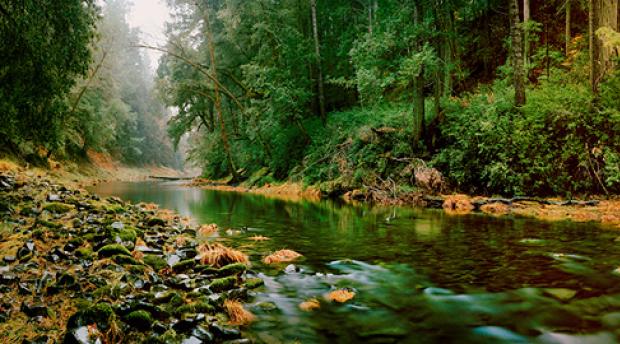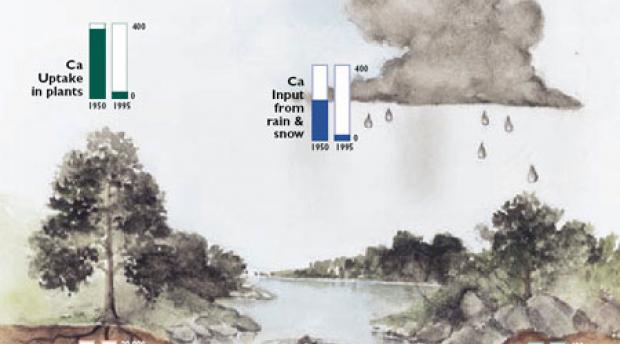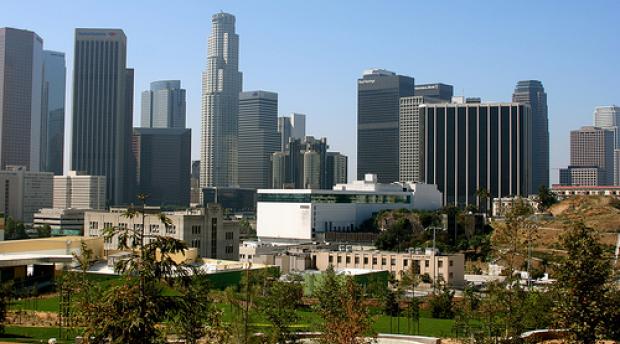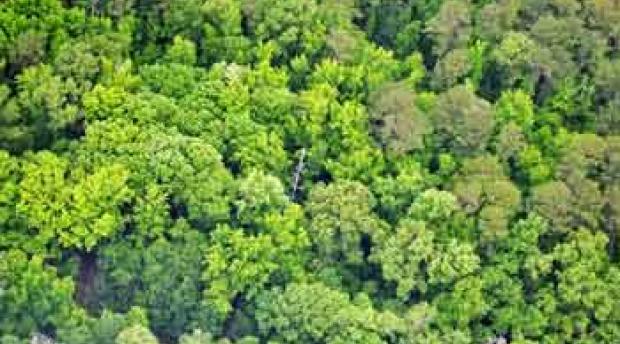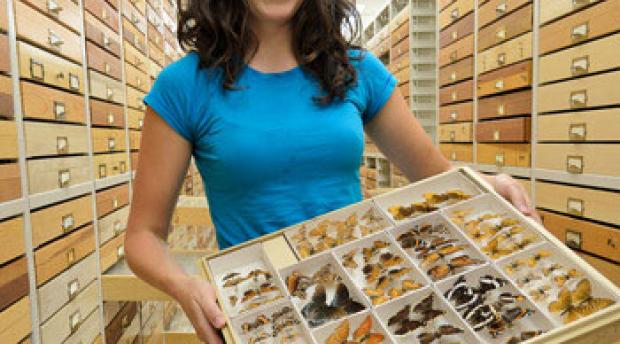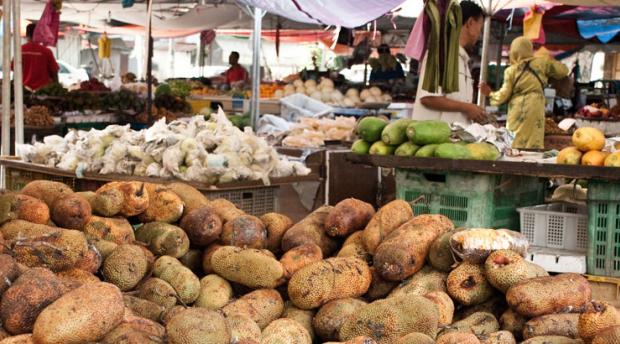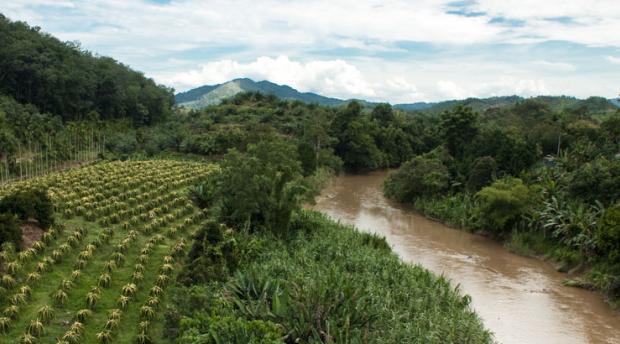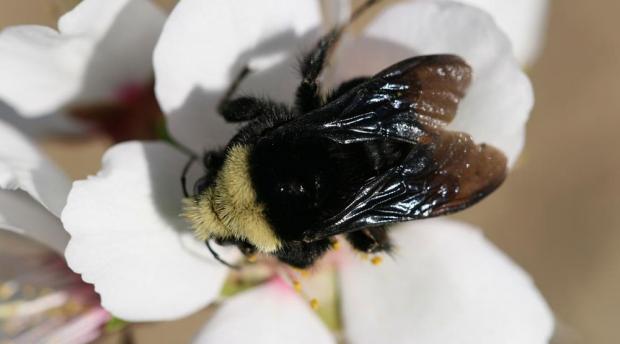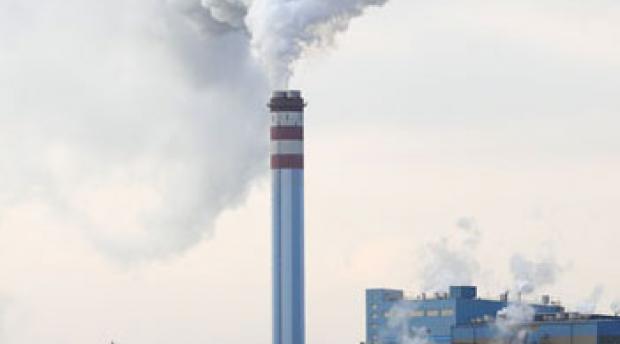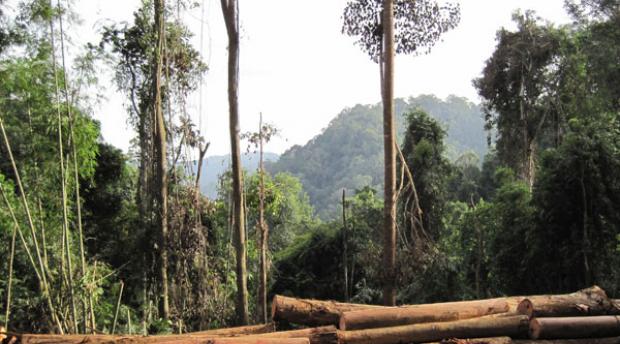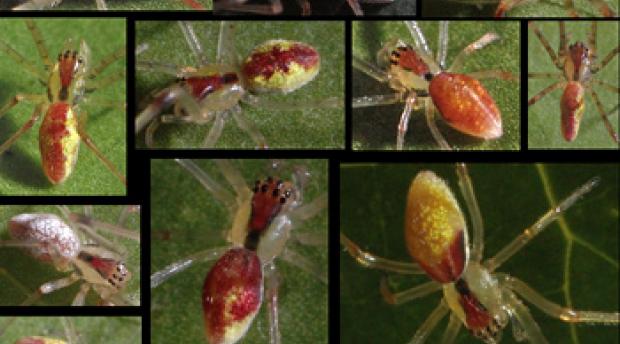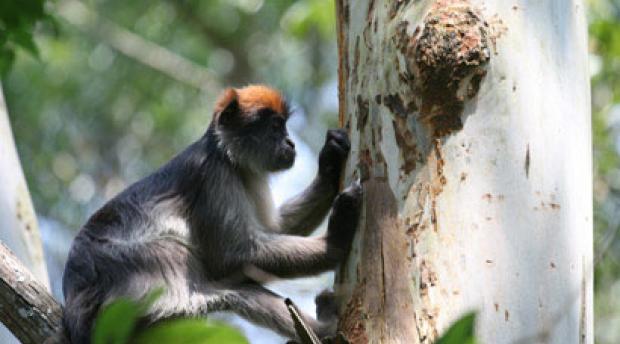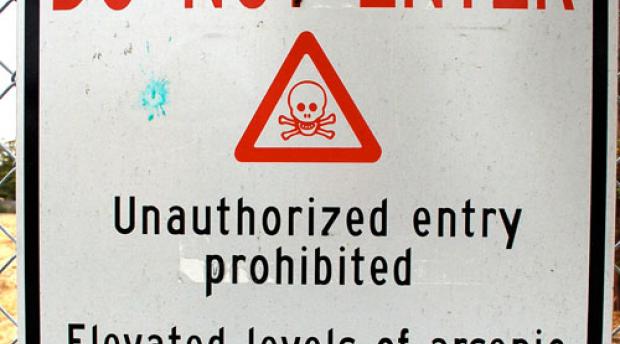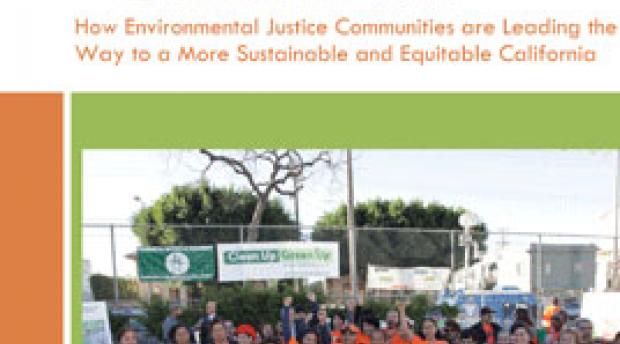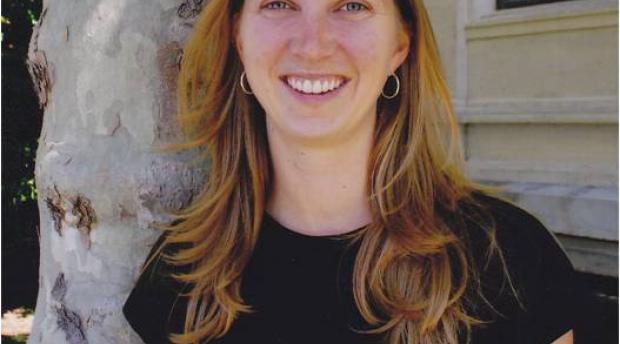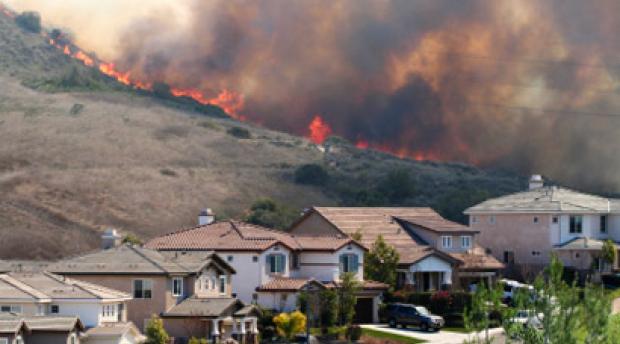Research
Will It Live or Die? Researchers Develop Biomarkers to Manage Impact of Sudden Oak Death
Ohio State University researchers have developed a way to predict the resistance or susceptibility of trees to sudden oak death disease, providing forest managers with the first effective method to manage trees in infested natural areas and in adjoining areas where the disease is expected in the future.
Eel River Observatory seeks clues to watershed’s future
Over the next five years, UC Berkeley scientists will study the Eel River watershed in Northern California. What they uncover will help improve global climate models and modeling tools that can be used by state or regional decision makers to guide planning.
Got calcium? Mineral key to restoring acid rain-damaged forests
Calcium can do much more than strengthen bones. The mineral is a critical nutrient for healthy tree growth, and new research shows that adding it to the soil helps reverse the decades-long decline of forests ailing from the effects of acid rain.
Minorities more likely to live in 'urban heat islands,' study finds
Public health and environmental science professor Rachel Morello-Frosch has found that minorities are more likely to live in "urban heat islands" and are most at risk during heat waves.
Scientists Undertake Extensive Field Campaign to Study U.S. Southeast Atmospheric Chemistry
In the largest U.S. atmospheric chemistry field project in decades, researchers sponsored by the National Science Foundation (NSF) and other organizations are working to study tiny particles and gases in the air over the southeastern United States.
Help wanted: Public needed to uncover clues in natural history collections
Through Calbug, any volunteer with Internet access can help read and transcribe hand-written field notes accompanying a million insect specimens, many dating back more than 100 years.
The impacts of food production on biodiversity
Matthew Luskin and other Potts' lab students are working on quantifying the biodiversity impacts of producing that food through the Conservation of Biodiversity (CBioD) project.
Palm plantations and tropical deforestation
ESPM graduate student Matthew Luskin studies wildlife conservation in the forests remaining within oil palm plantation landscapes.
Professor Claire Kremen featured in NPR and LA Times
A recent study in Science magazine co-authored by Claire Kremen, highlights the importance of wild insects and bees in pollination and agriculture.
Air pollution linked to low birth weight
Mothers who breathe the kind of pollution emitted by vehicles, coal power plants and factories are significantly likelier to give birth to underweight children than mothers living in less polluted areas, according to international findings published Wednesday.
New AIDS research uses models to see through lies about sex, inform HIV policy
The increasingly couples-focused public-health policy for AIDS prevention in sub-Saharan Africa underestimates the role that cheating spouses play in transmitting the virus, according to a new study from the University of California, Berkeley.
Persistent methodological flaw undermines biodiversity conservation in tropical forests
A new paper, published in Conservation Biology, exposes a critical factor underlying disagreements, shedding light on past controversies and providing a path forward.
Scientists look to Hawaii’s bugs for clues to origins of biodiversity
ESPM Professor Rosemary Gillespie and her colleagues focus on the Hawaiian islands’ insect and spider life in search of clues to how animals explore and settle into new niches, leading to increasing biodiversity over time.
Eating estrogenic plants alters hormones in monkeys, may increase aggression and sex
Eating certain veggies not only supplies key nutrients, it may also influence hormone levels and behaviors such as aggression and sexual activity, says a new study led by researchers at the University of California, Berkeley.
Professor Céline Pallud and other researchers team up with the community to eliminate toxic chemicals
UC Berkeley researchers are teaming up with local organizations to plant a specialized fern known to extract a thousand times more arsenic from the soil than a typical plant.
Facing the Climate Gap: a new report showcases the work of community-based organizations in dealing with the 'climate gap'
ESPM graduate student Ellen Kersten, professor Rachel Morello-Frosch, and collaborators at USC and Columbia documents case studies that highlight the work of community-based organizations in California dealing with the “climate gap”.
Air pollution study clears the air on diesel versus gas emissions
A new study by UC Berkeley researchers says diesel exhaust contributes 15 times more than gas emissions per liter of fuel burned.
The sound of air pollution: PhD student Gabriel Isaacman creates soundscapes from smog
Air is not the same everywhere. In both urban areas and wild, powerful natural and human forces combine to create intricate mixtures of chemicals that compose the air we breathe, seek for pleasure, or avoid.
PhD Student Ellen Kersten's Paper Recognized for Outstanding Student Research by CDC Journal
Ellen Kersten and colleagues' paper, Small Food Stores and Availability of Nutritious Foods: A Comparison of Database and In-Store Measures, Northern California, 2009, examined one of the fundamental tools used in the food environment research.
Analysis of global fire risk shows big, fast changes ahead
The study, published today (Tuesday, June 12) in Ecosphere, used 16 different climate change models to generate what the researchers said is one of the most comprehensive projections to date of how climate change might affect global fire patterns.


